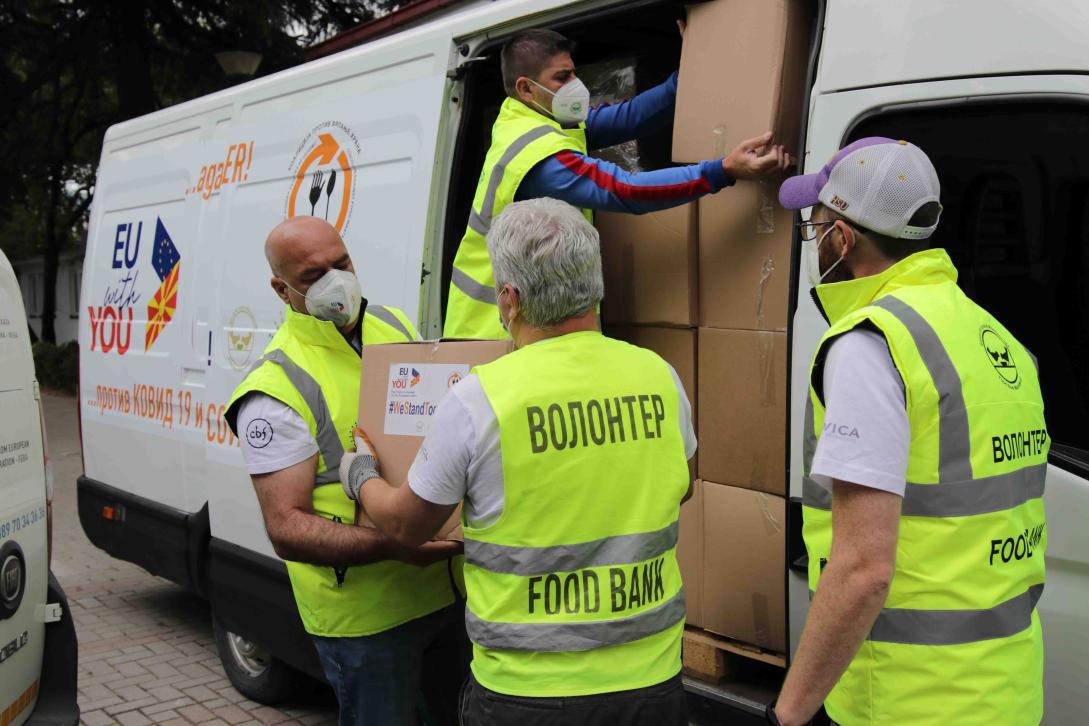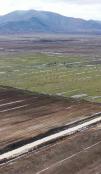EU supports food banking: reducing food waste – reducing hunger

For 12 years, Food Bank MK has been promoting the use of food waste in the fight against poverty across the country. The organisation, a member of the European Food Banks Federation, has so far managed to collect over 2,000 tons of food and bring it to those in need.
The success – and visibility – of the Bank has increased noticeably in recent years, thanks to EU assistance. As a result of the EU’s support (2018-2021), its food fund has tripled – from 97 tons in 2017 to 112 tons in 2018, 257 tons in 2019 and 280 tons in 2020. The informal food banking coalition has also grown to include 18 other civil society organisations as partners. And this is without mentioning the thousands of citizens it has engaged and motivated to lend a helping hand.
“Thanks to EU’s support, large and small organisations alike have shown that they can get together, learn, share knowledge and inspire each other for the same objective – to offer a better food aid system. Municipalities in particular are open to learning how we can improve this system. Young people are also especially interested to learn, discuss and volunteer for the ‘less food waste – less hunger’ cause”, says Dushko Hristov, founder and manager of Food Bank MK.
Food Bank MK has seven supporters that regularly donate food products that are distributed to people in need. But individual donations are on the rise - only in August, the Bank received over 20 phone calls from citizens who decided to donate food surpluses from family events.
Skopje is not the only centre for food banking. Thanks to the lobbying of ‘Eko zhivot’ from Kavadarci, in 2018 the Municipality of Kavadarci has set up a local branch of the Bank. The Bank plans to extend the network and eventually to establish a national food bank federation.
Currently, the Bank has 47 volunteers that are unselfishly helping with food storing, packaging and distribution - without them the Bank would not be able to operate. ‘We are open for cooperation with all those who have an urge and an opportunity to help us with their skills. In addition, young volunteers can come up with own projects’, Hristov says.
While the Covid 19-pandemic disrupted its original plans, the Bank adjusted their activities to meet demand. In May 2021, under the motto #WeStandTogether, it delivered over 35 tons of food and hygienic supplies to 1,620 families (with over 5,300 members) in 20 municipalities around the country.





